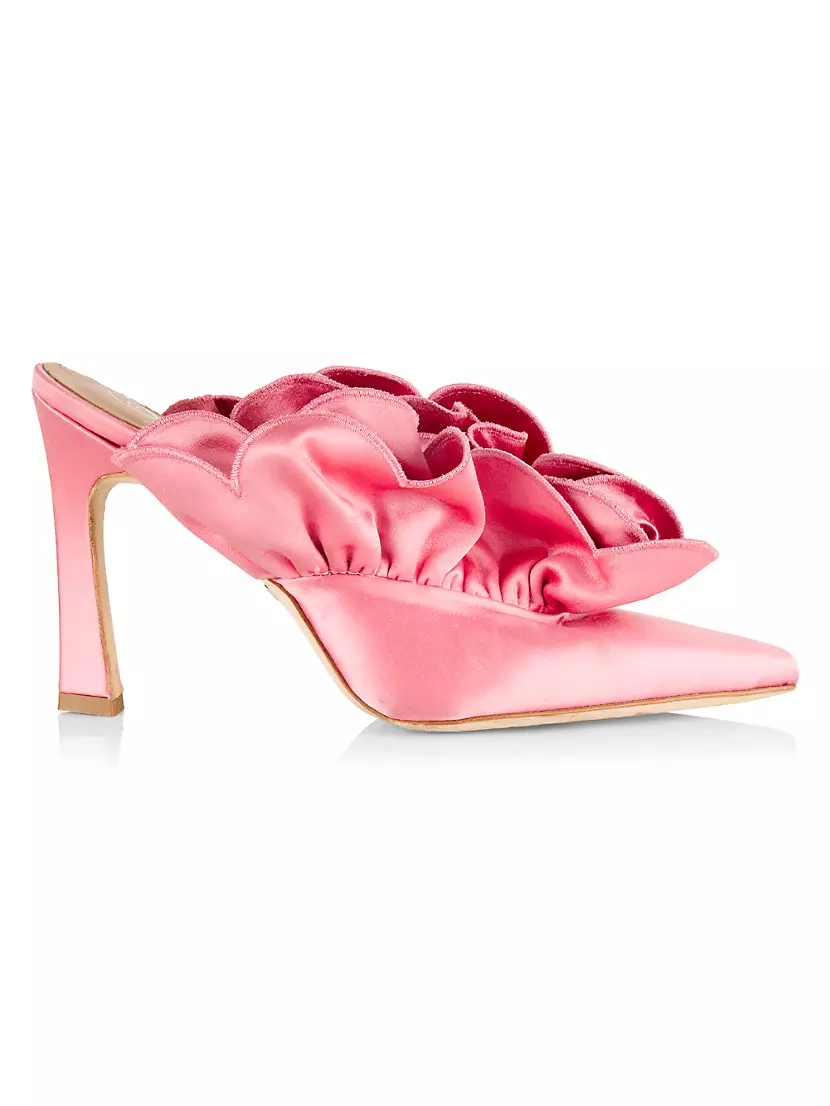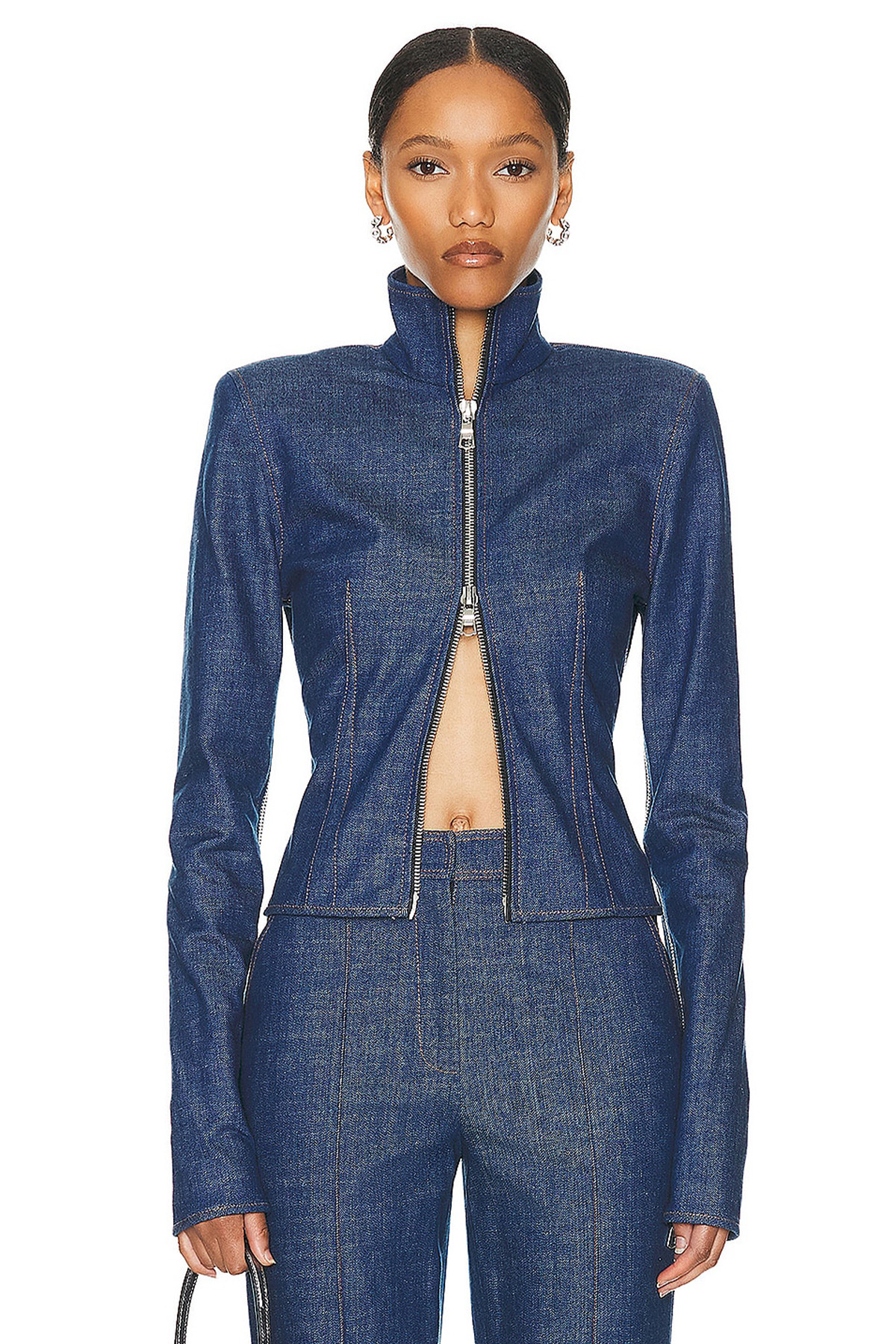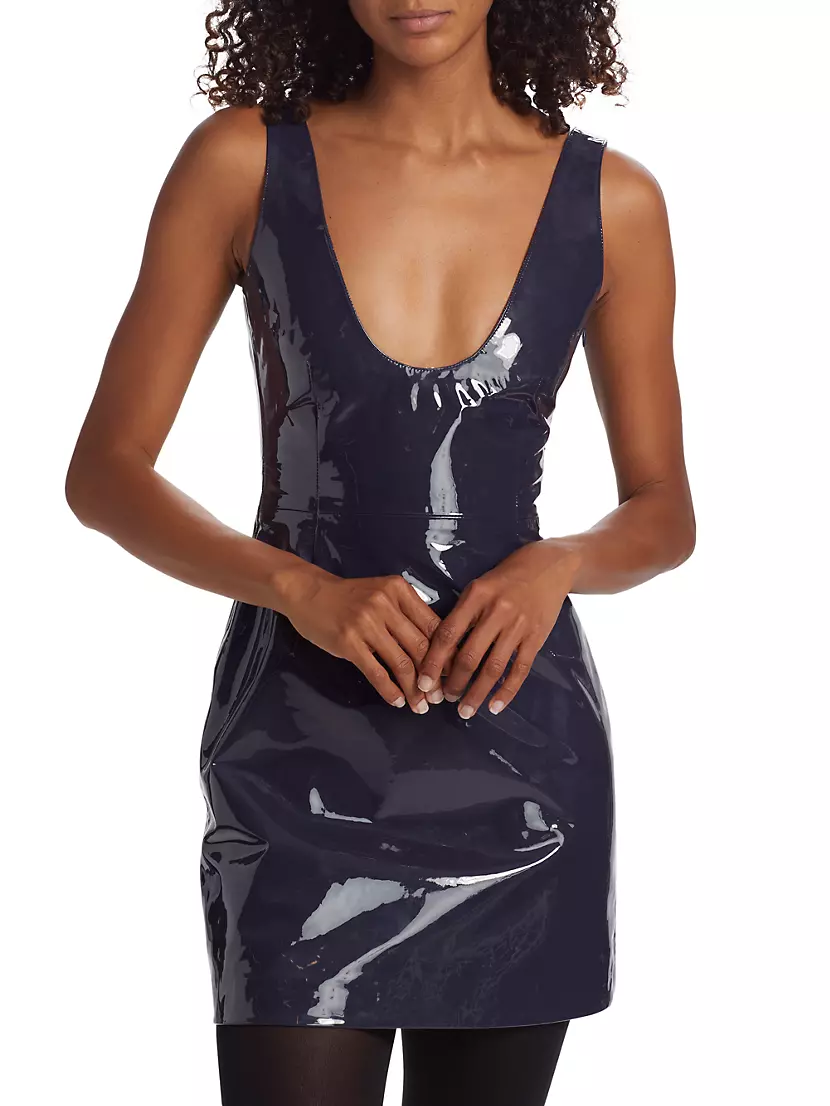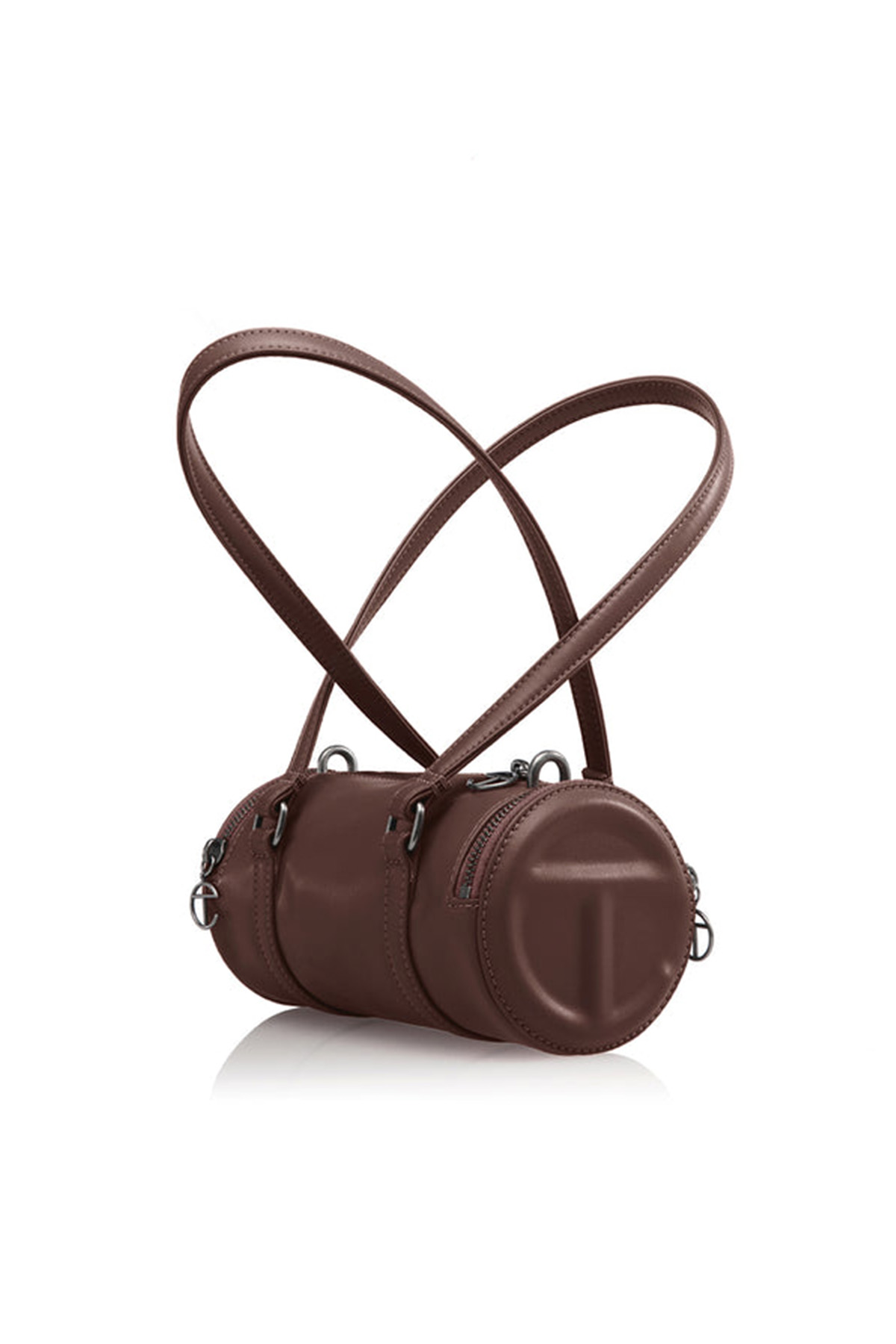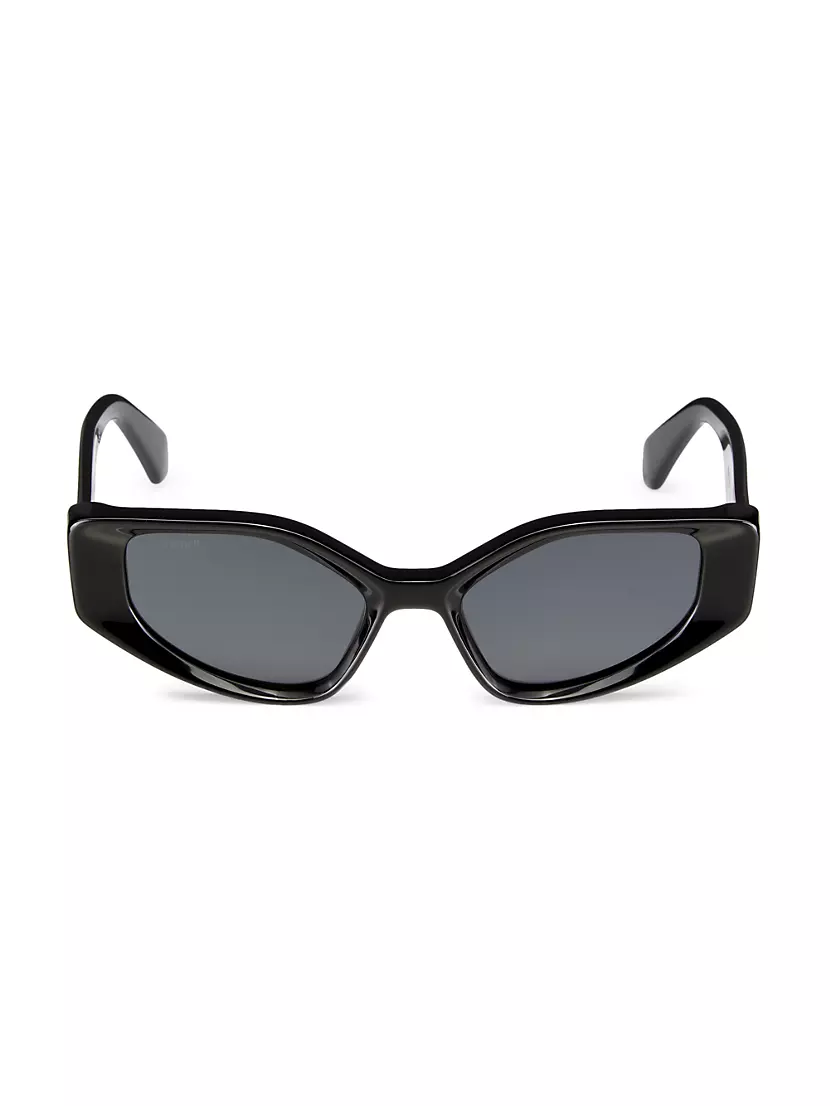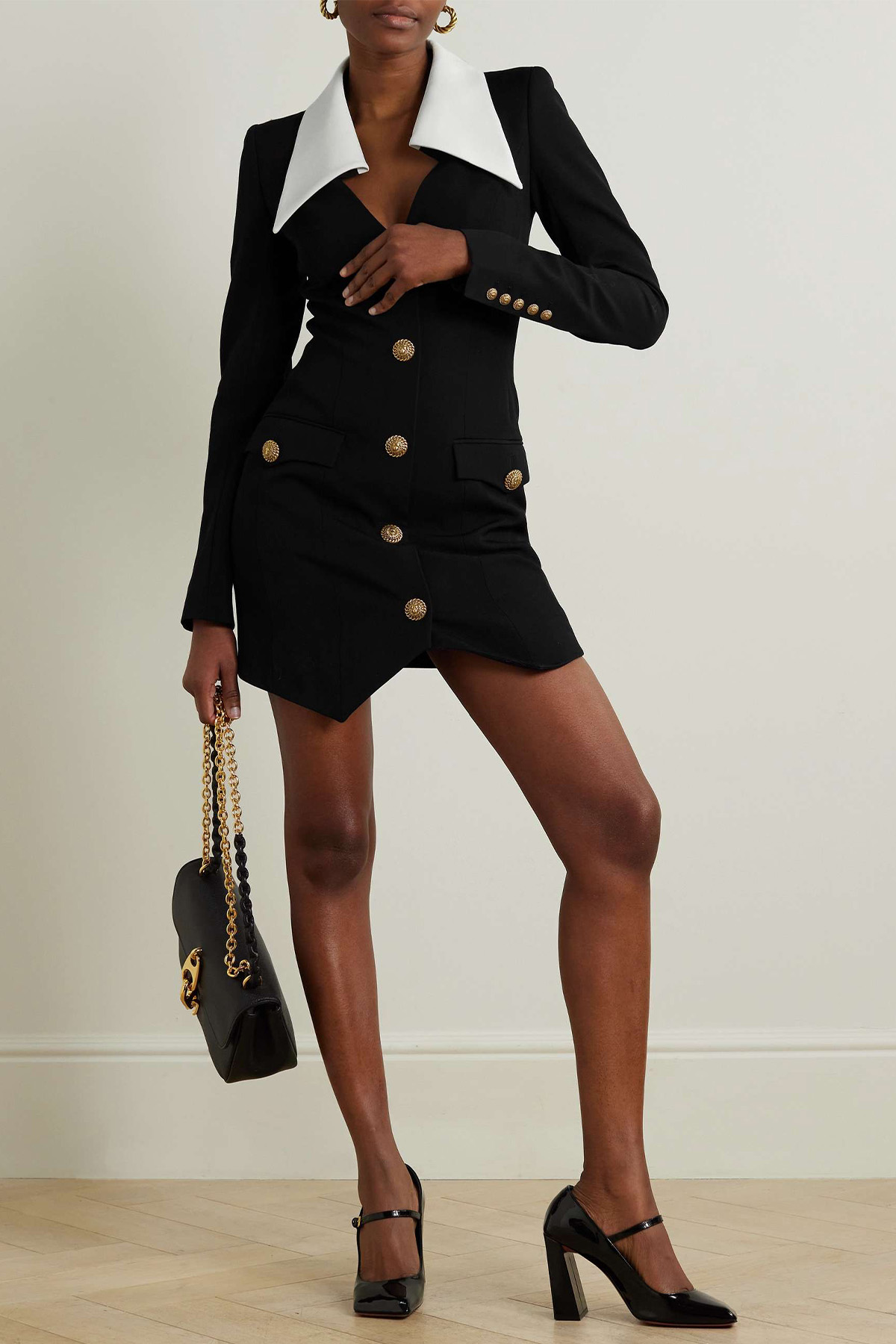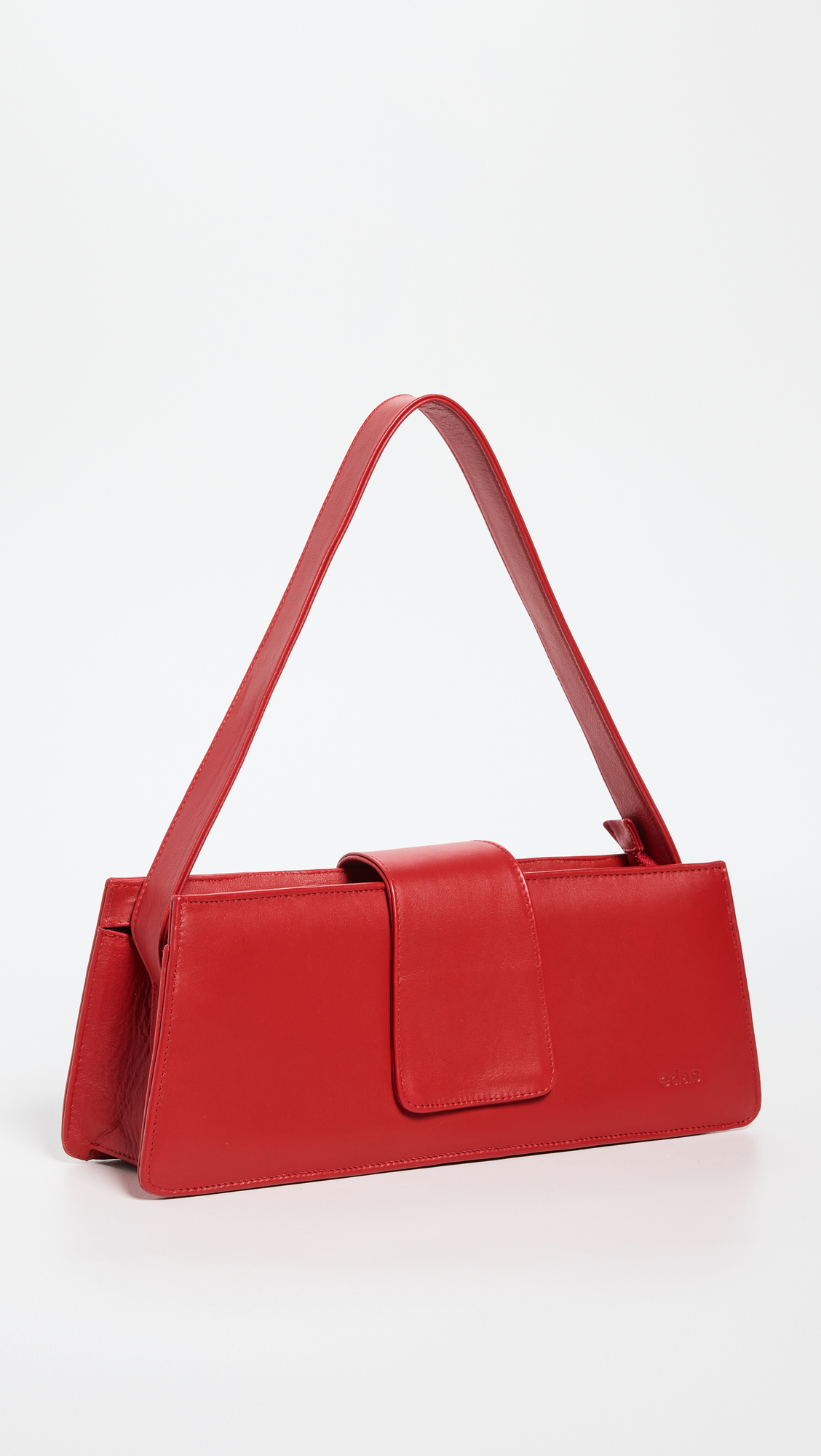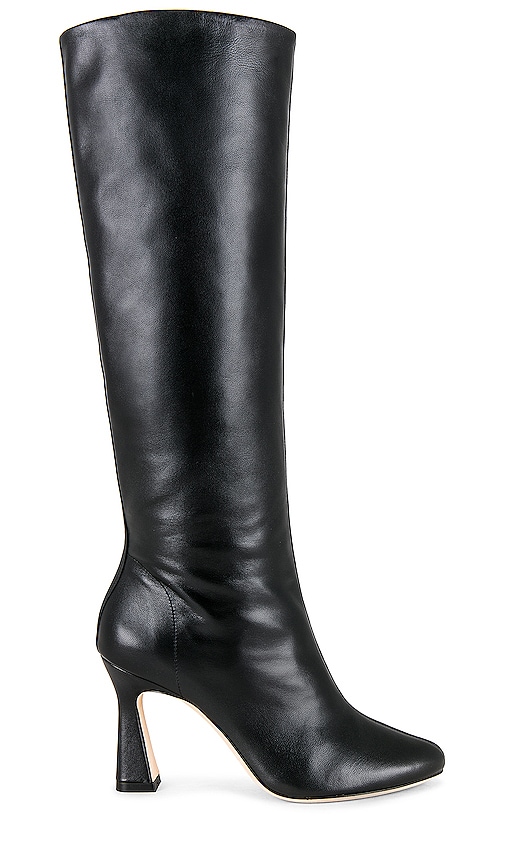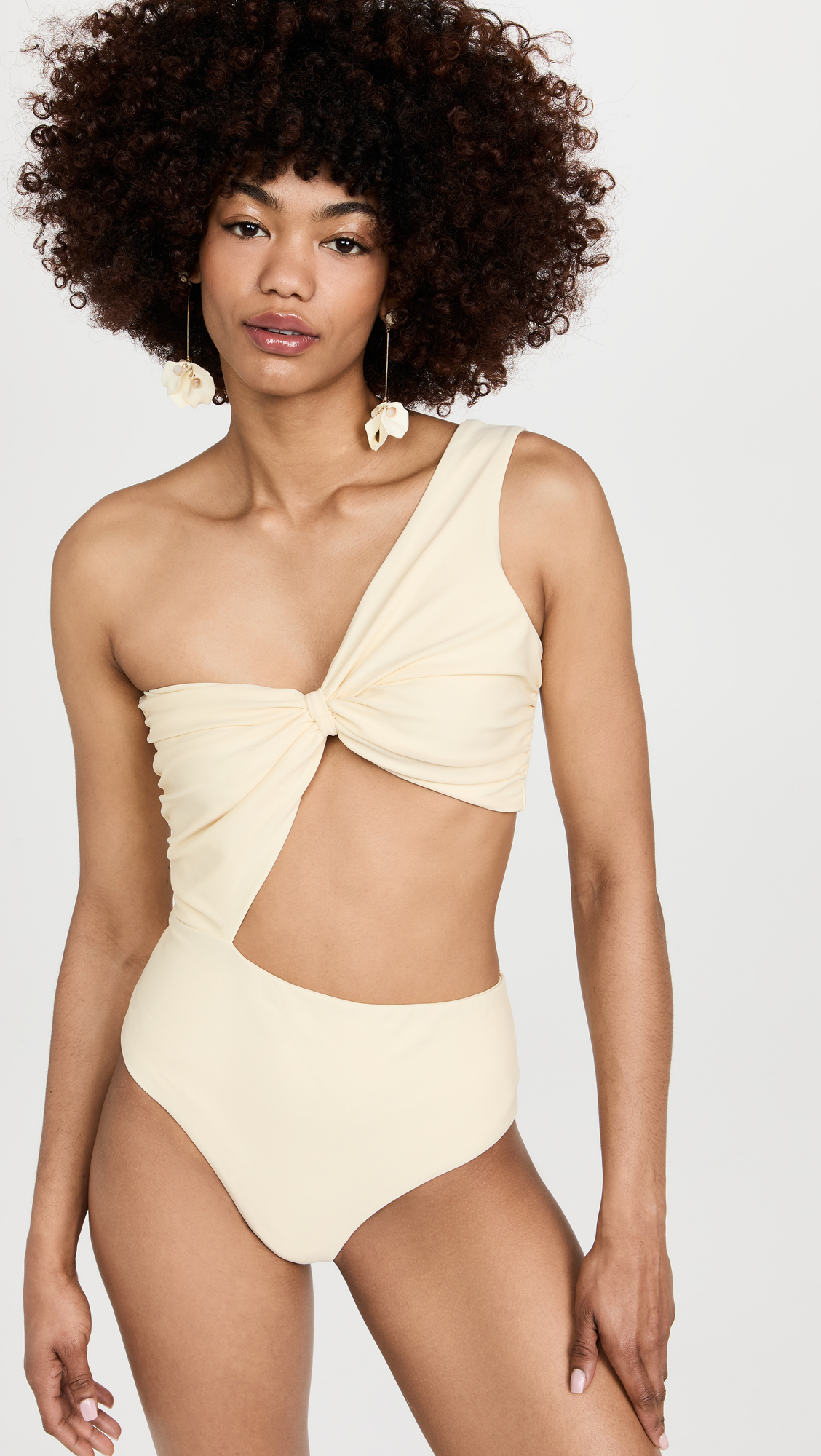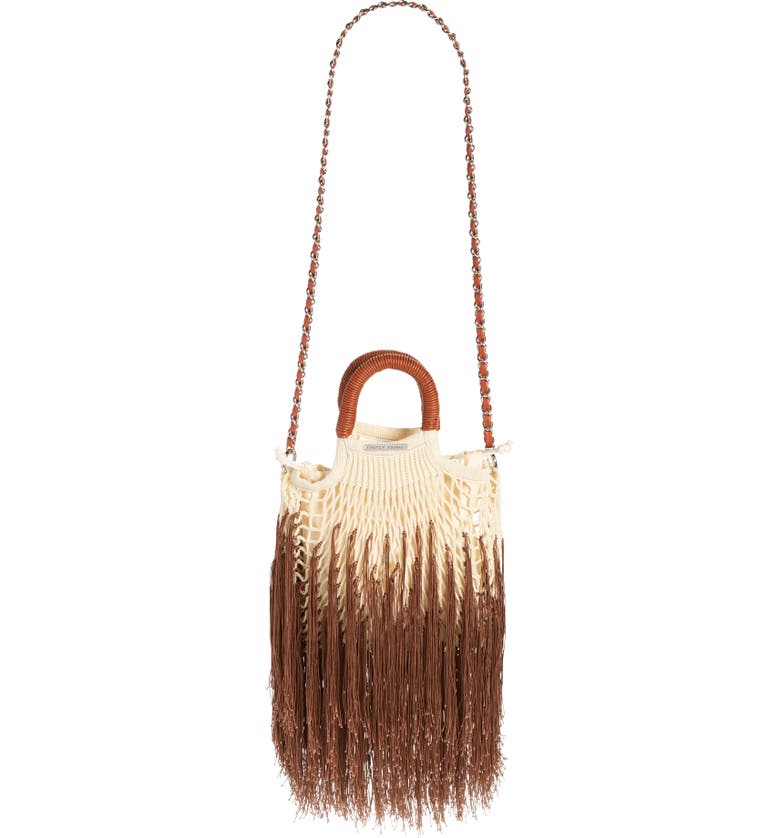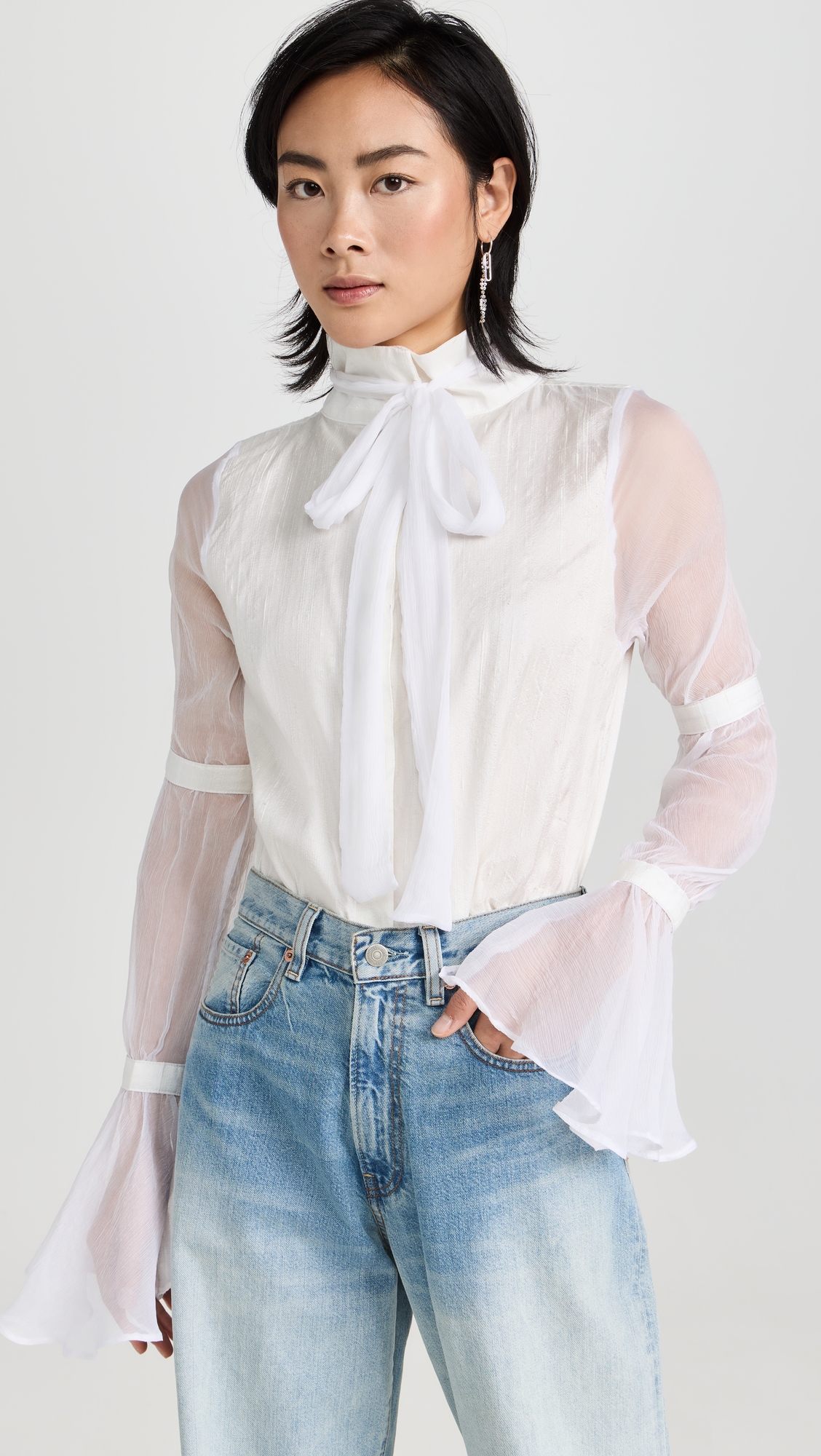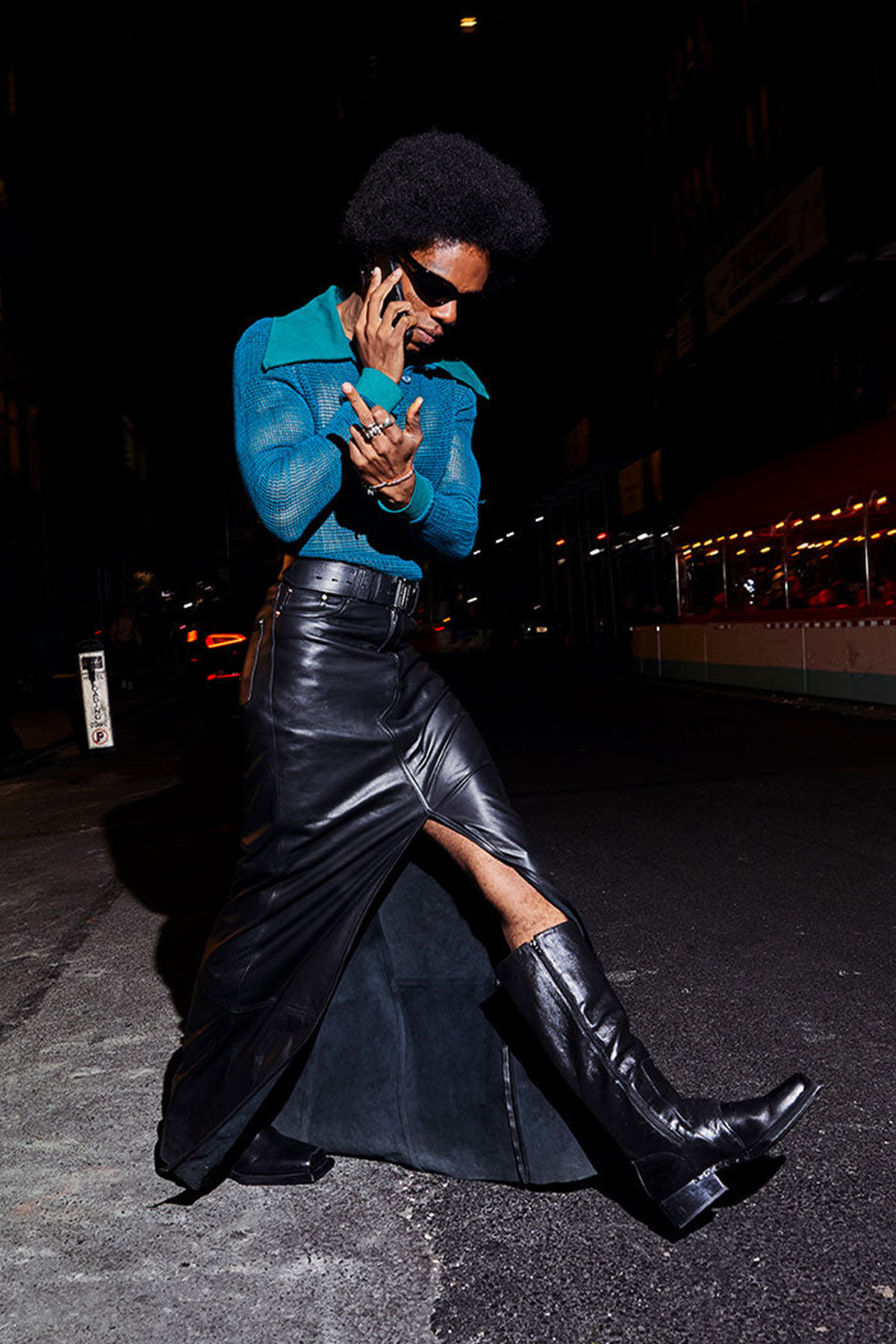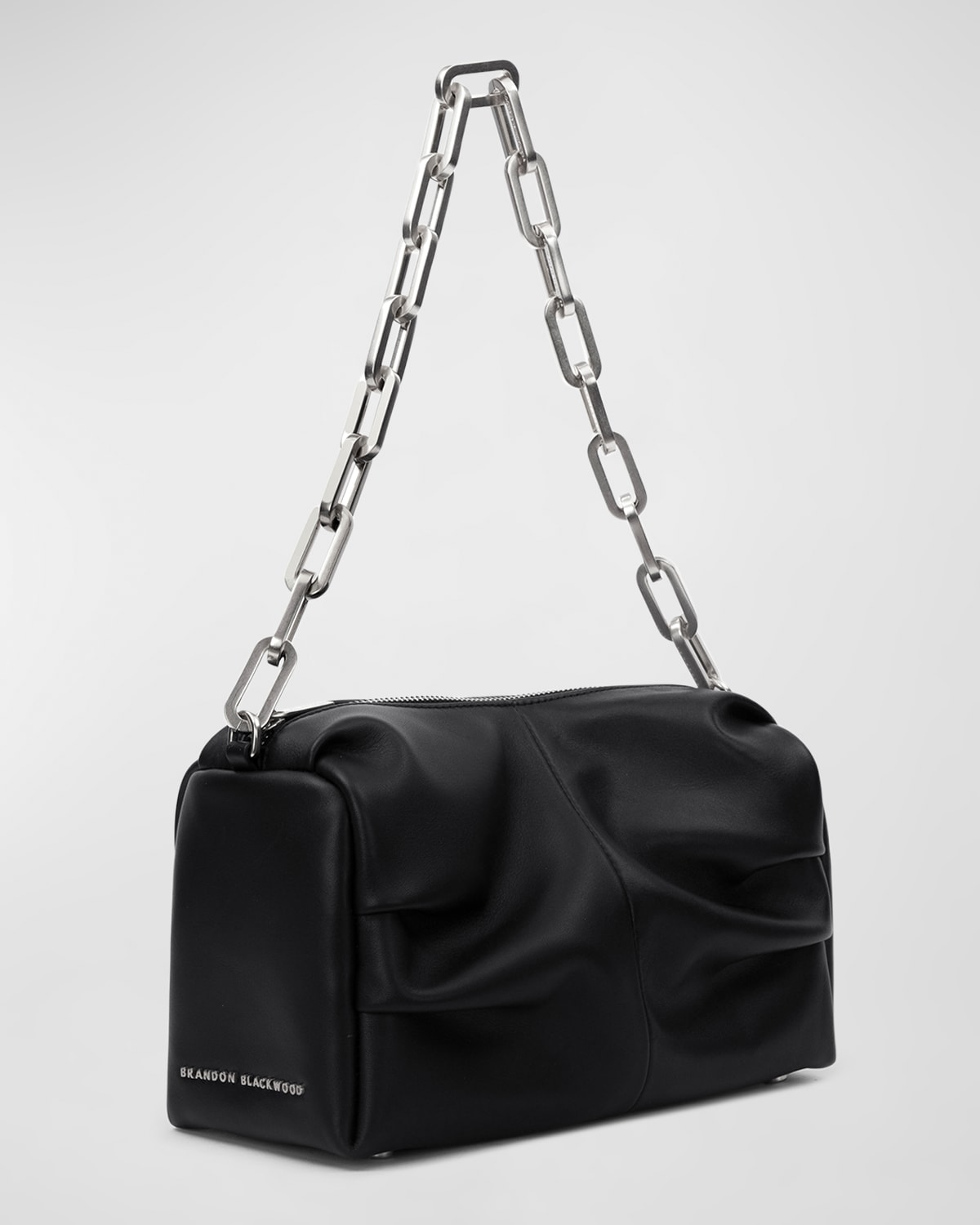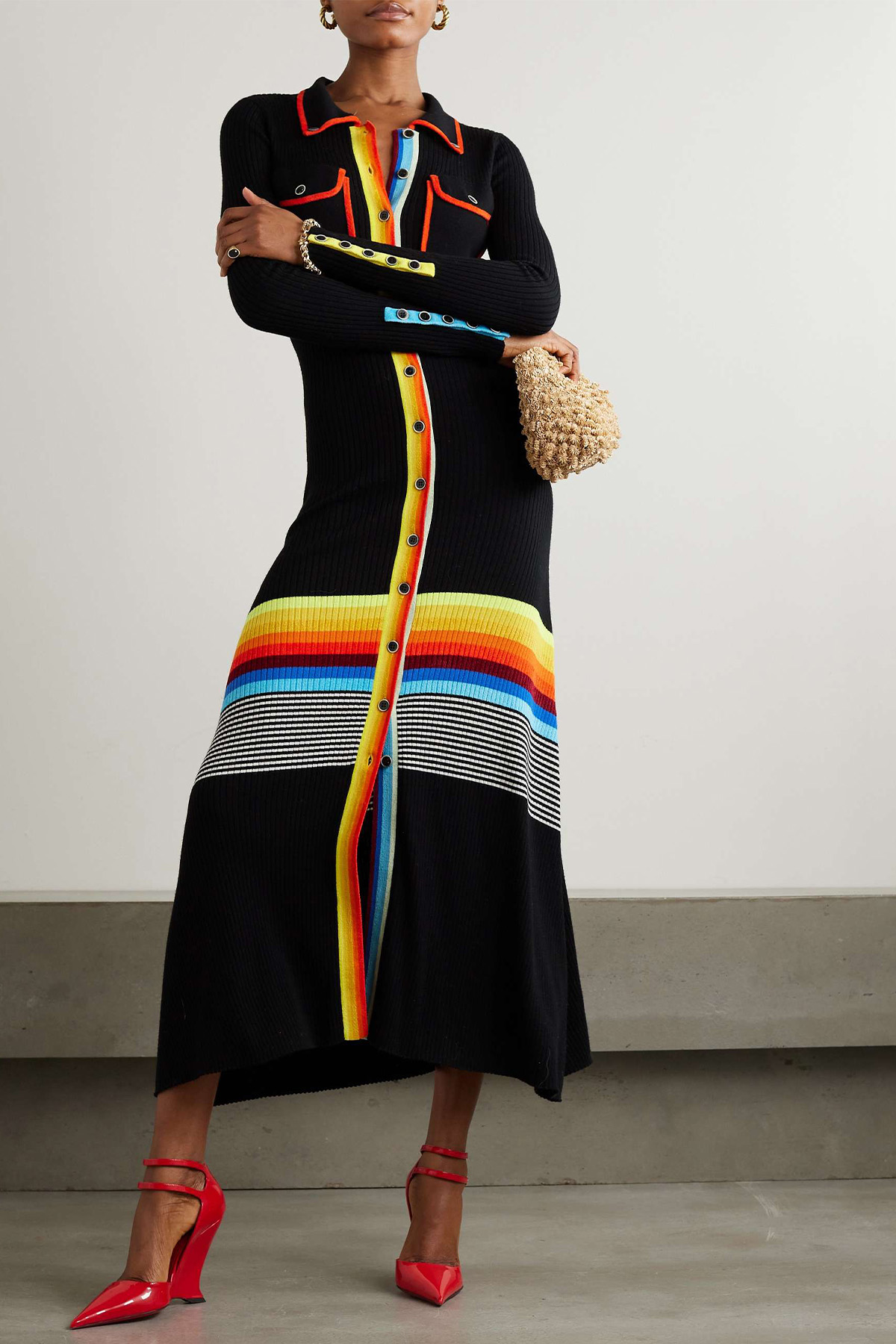These Are the Black Designers I'm Obsessed With at the Moment
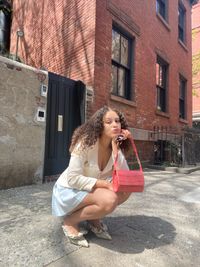
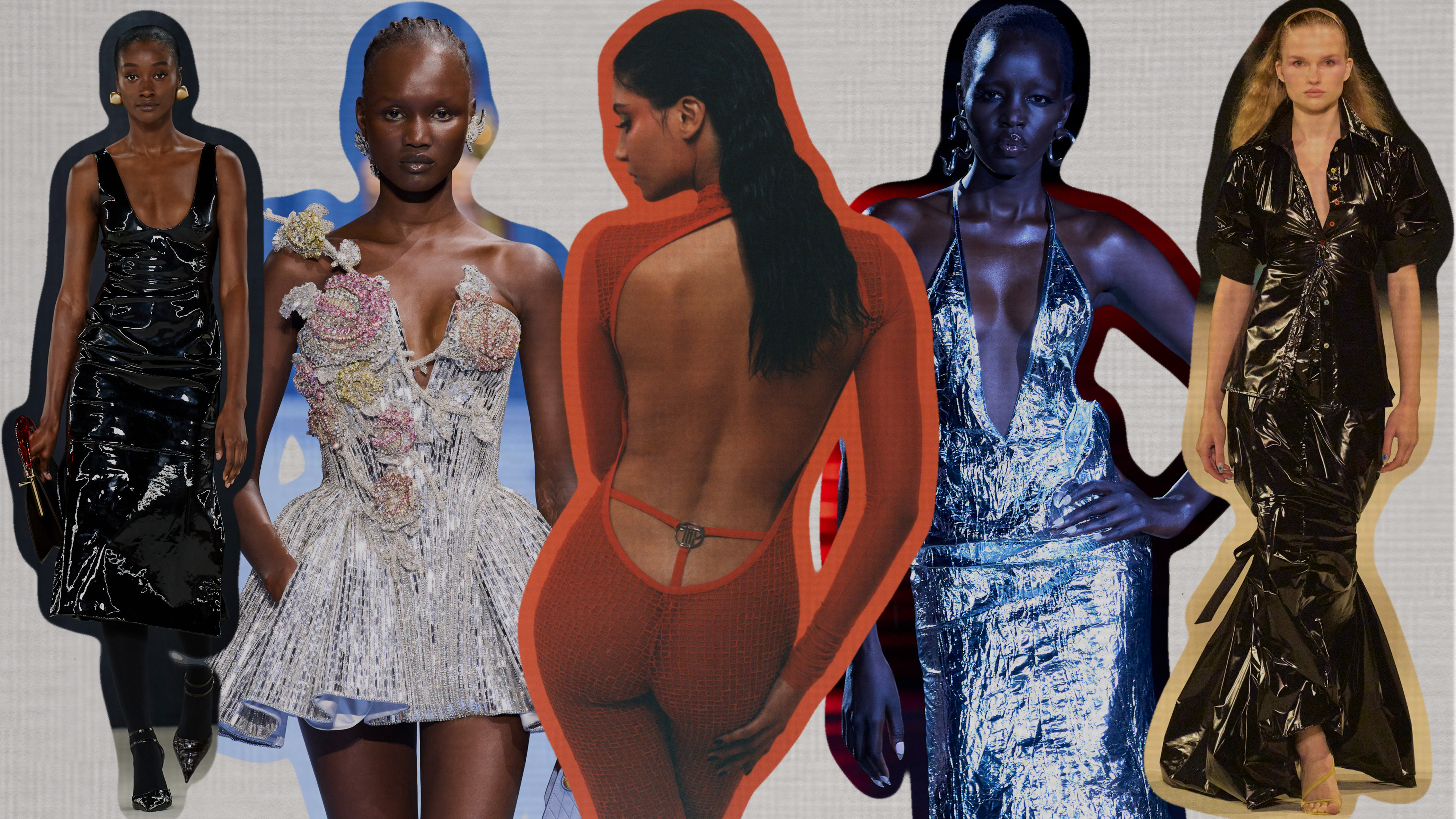
Lately, it seems as though not a day goes by that I'm not triggered by a blatant form of racial insensitivity, an evident lack of diverse staff, or a lack of awareness of how systemic racism impacts every facet of life. While we're reckoning collectively with police brutality and systemic racism, the fashion industry has had to reflect upon how it needs to make serious changes in the industry. Of course, changes are happening, but for consumers, we can help propel the movement forward by taking a step back and looking at how we contribute.
Sure, we can't control what designers send down the runway. Still, one of the most fundamentally underrated ways to be an ally to the Black community (and any community for that matter) is how we spend our money. While recognizing the contributions that designers like Dapper Dan have been making to the industry is so important, I think there's genuinely no better way to appreciate and support Black artistry than by shopping from Black-owned businesses and designers. Keep scrolling to find some of my favorite designers to shop.
Aurora James of Brother Vellies
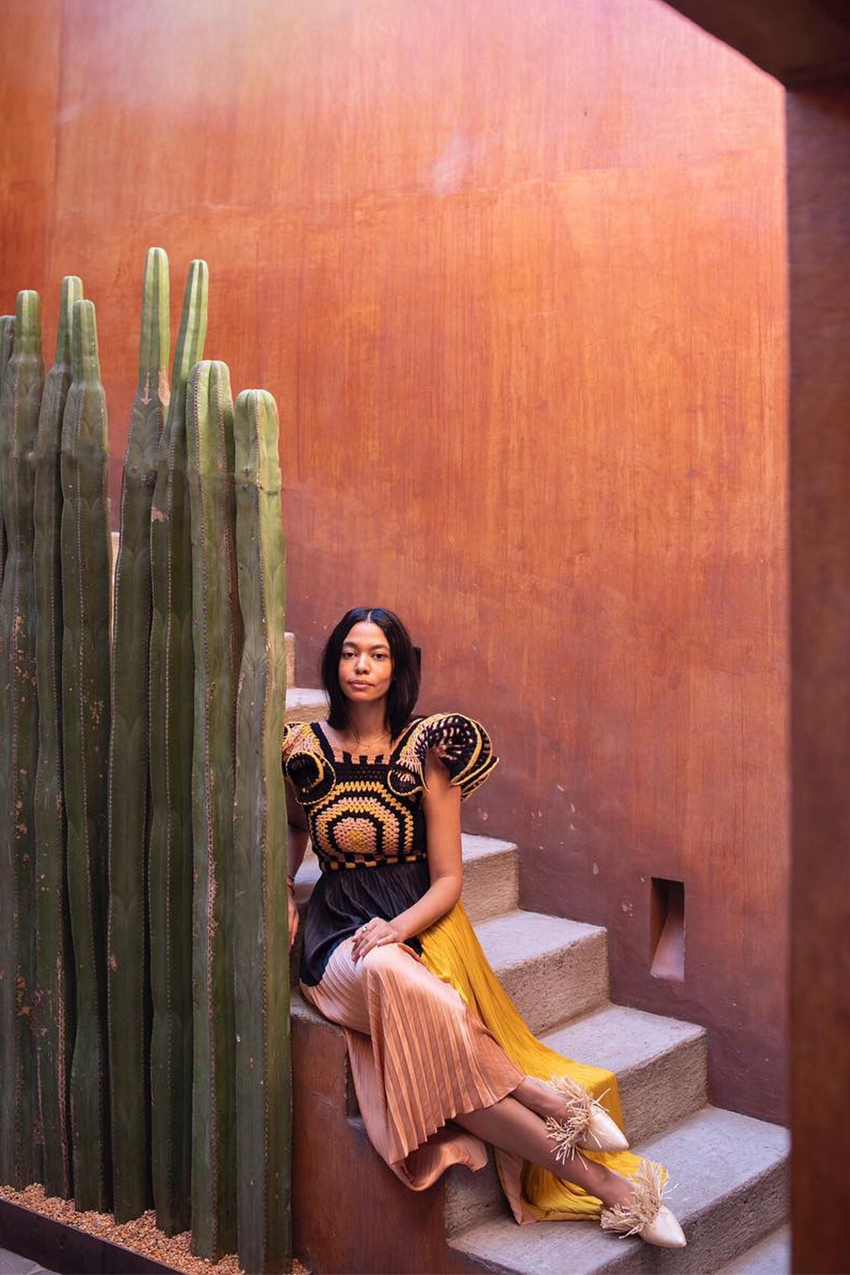
The first time I found the brand Brother Vellies in my feed, my heart skipped a beat. I saw a woman who looks just like me on social media (a rare occasion) wearing these incredible black feather heels. From that moment on, I was hooked, and for a good reason. Founded by Aurora James, the brand is dedicated to sustainability and works with artisans in South Africa, Ethiopia, Kenya, and Morocco to make its handcrafted shoes.
But the thoughtfulness doesn't stop at the production process; James also founded the Fifteen Percent Pledge. The nonprofit organization has been advocating for our favorite major retailers to commit to including more Black-owned businesses. Basically, whenever I’m feeling philanthropic but need a pair of shoes, I’ll be spending all my money on Brother Vellies.
LaQuan Smith
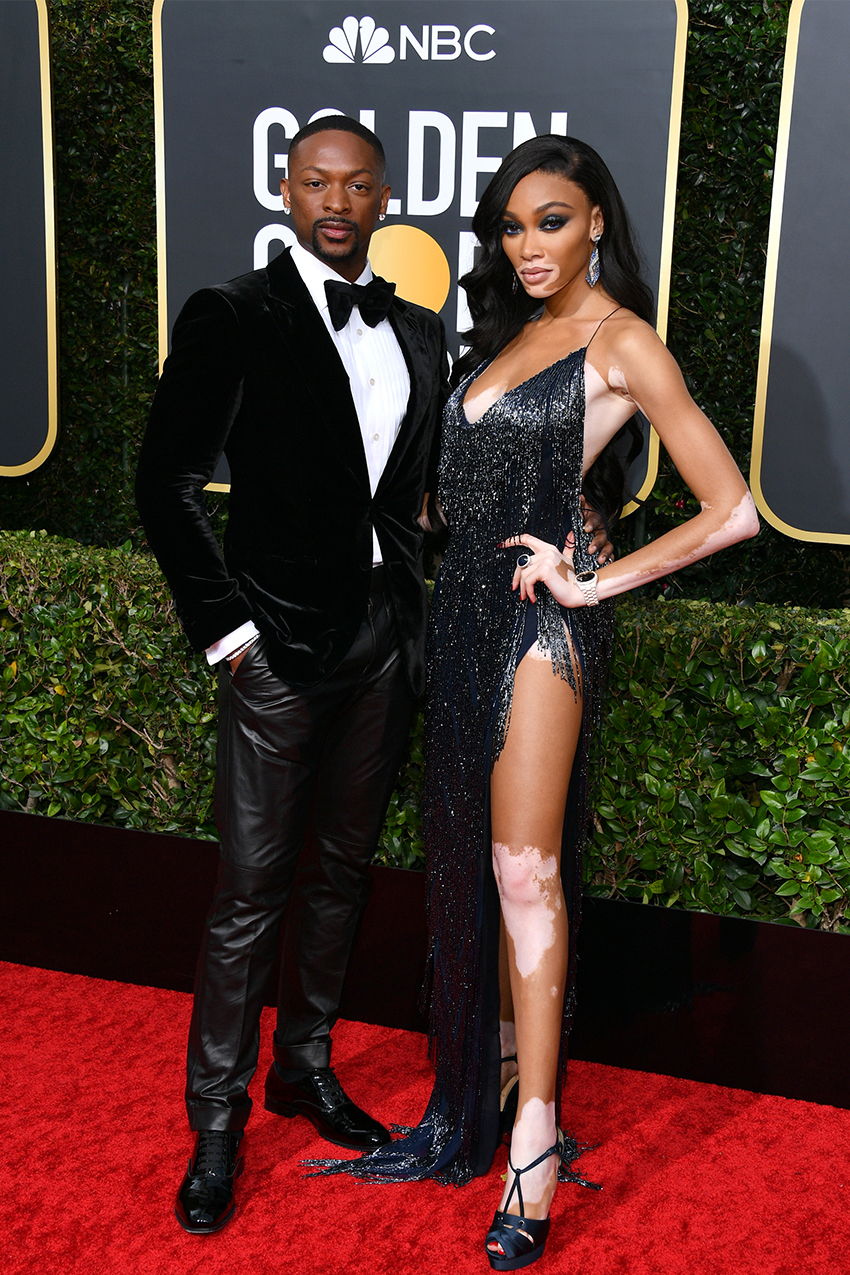
Remember that iconic blazer look Beyoncé wore on her last On the Run II tour? That was from Queens-born designer LaQuan Smith. His glamorous and often sultry designs also have caught the attention of Cardi B, Rihanna, Jennifer Lopez, and other celebrities. But can you blame them? Smith has a way of creating the kinds of pieces that both Beyoncé and the rest of the world want to wear when they're feelin' themselves, and that, my friends, is a true talent.
Maximilian Davis of Ferragamo
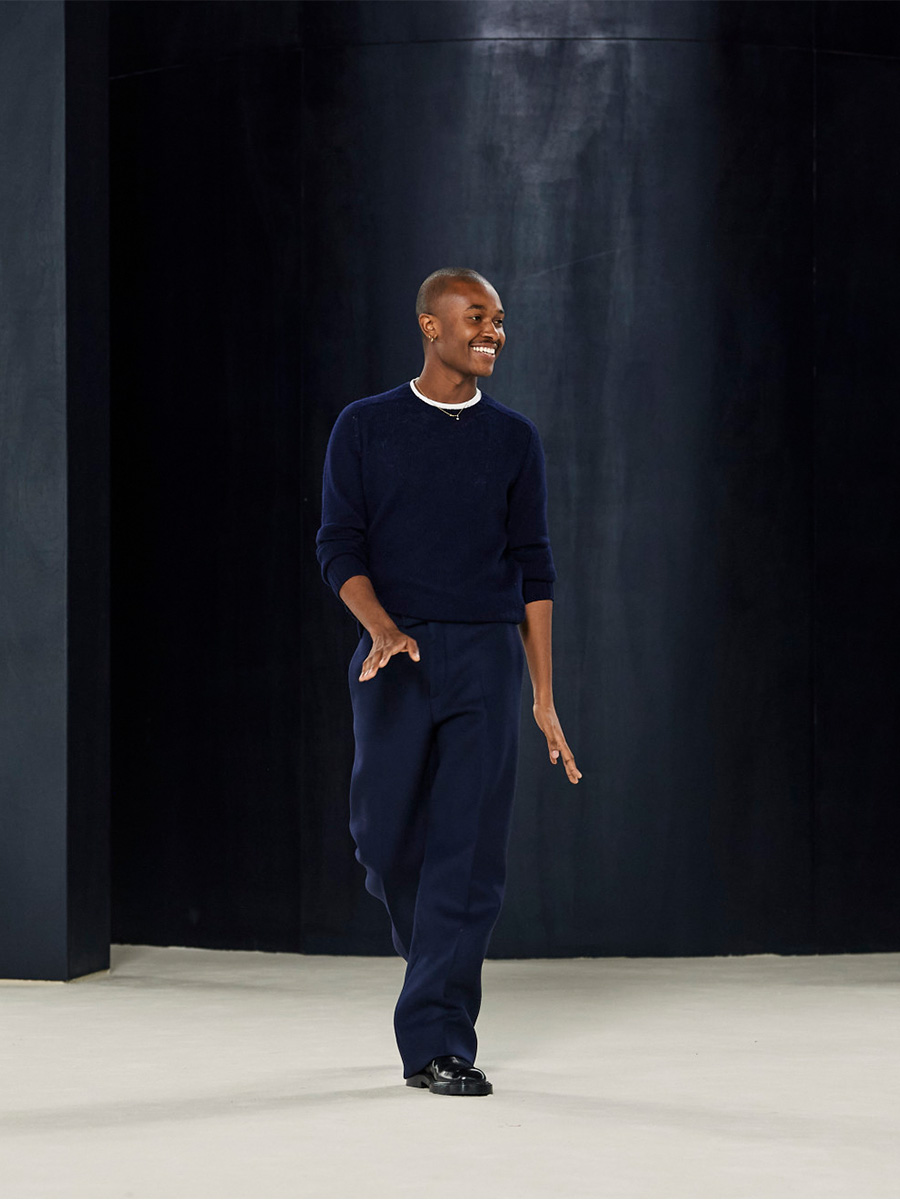
One of the most anticipated creative director appointments in recent years? Maximilian Davis to Ferragamo. It's rare for a British Trinidadian Jamaican to secure such a lofty position in the industry, much less within only five years of graduating from the London College of Fashion. Nevertheless, Davis made waves with his namesake label because of his sultry take on tailoring, and that unique perspective has informed all of his collections thus far at Ferragamo.
Telfar Clemens
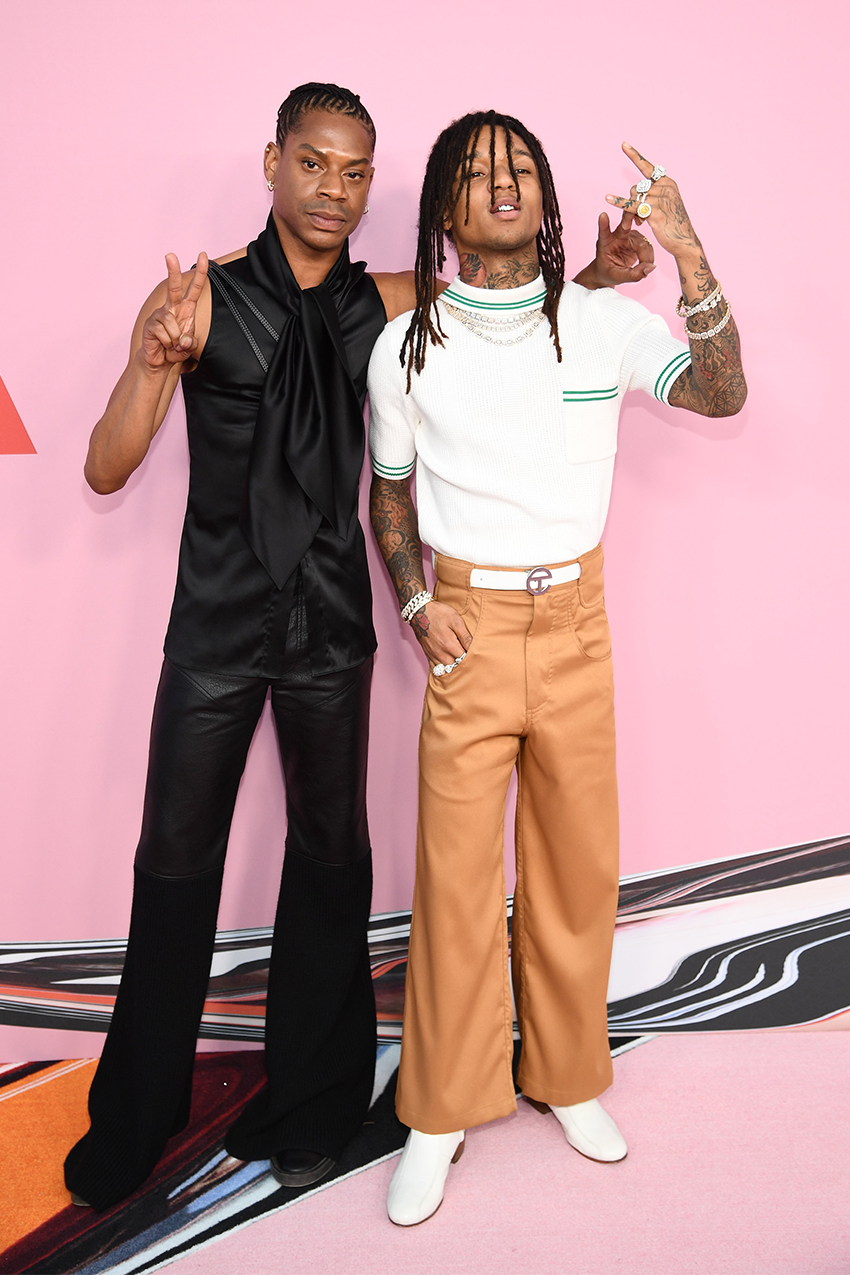
While you may know Telfar Clemens because of his "Bushwick Birkin," aka his iconic shopping totes that sell out in seconds, the truth is Clemens has been pushing societal boundaries by challenging Black and gender identity norms long before his bags became a hot commodity. He's now a CFDA/Vogue Fashion Fund winner who's collaborated with Ugg and Converse for special collections, but Clemens's approach to unisex, affordable designer clothing has long been at the ethos of this brand, making him a designer for all (quite literally).
Virgil Abloh of Off-White
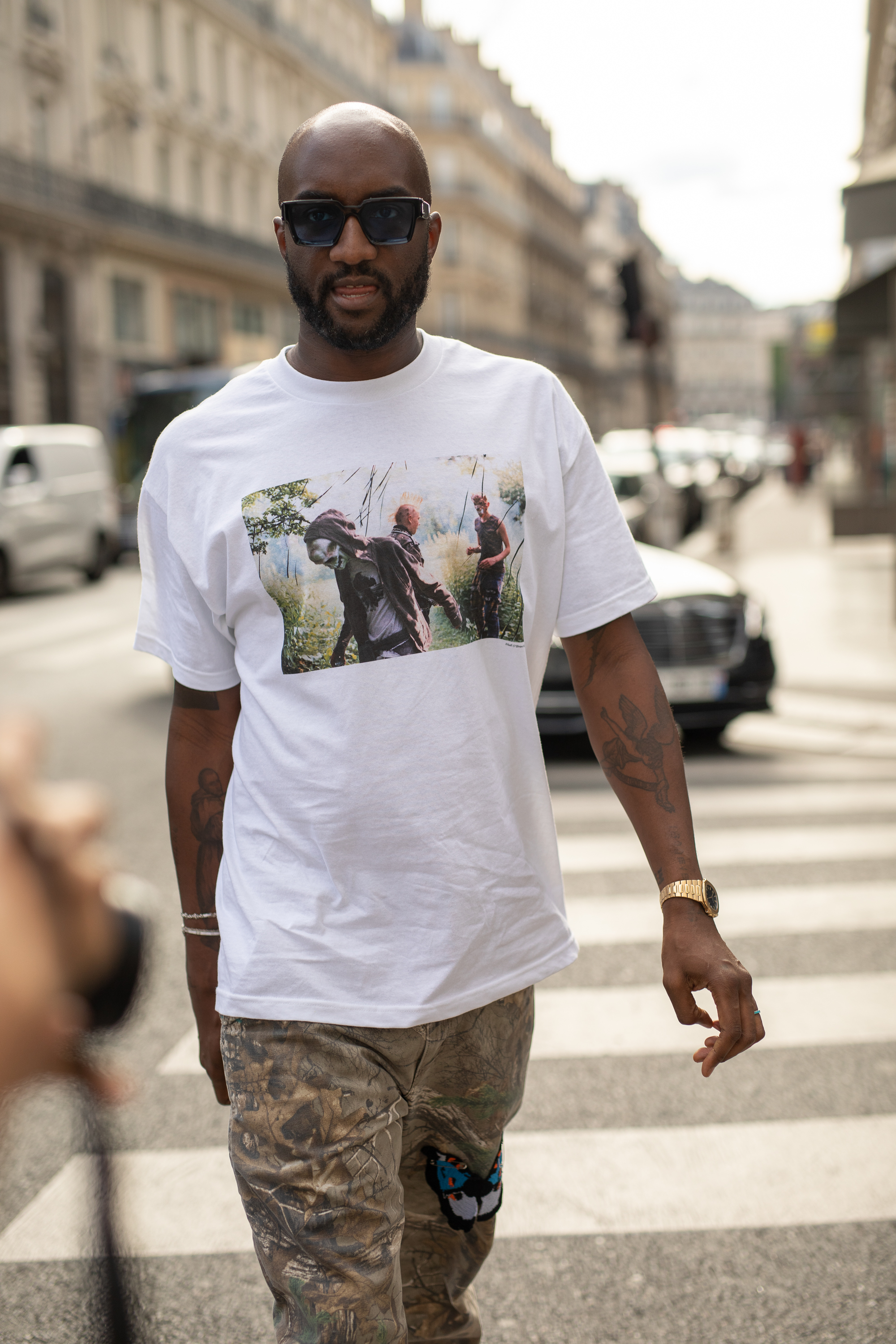
Though Abloh passed away in 2021, his legacy lives on. The designer made waves with the luxury street label Off-White and grew his influence further when he stepped into his role as menswear artistic director for Louis Vuitton. Not only did he honor the brands’ identities when designing, but it felt as though both were a reflection of his own experiences as a Black man and the environments that shaped him. To me, that reflection in and of itself is breathtaking.
Olivier Rousteing of Balmain
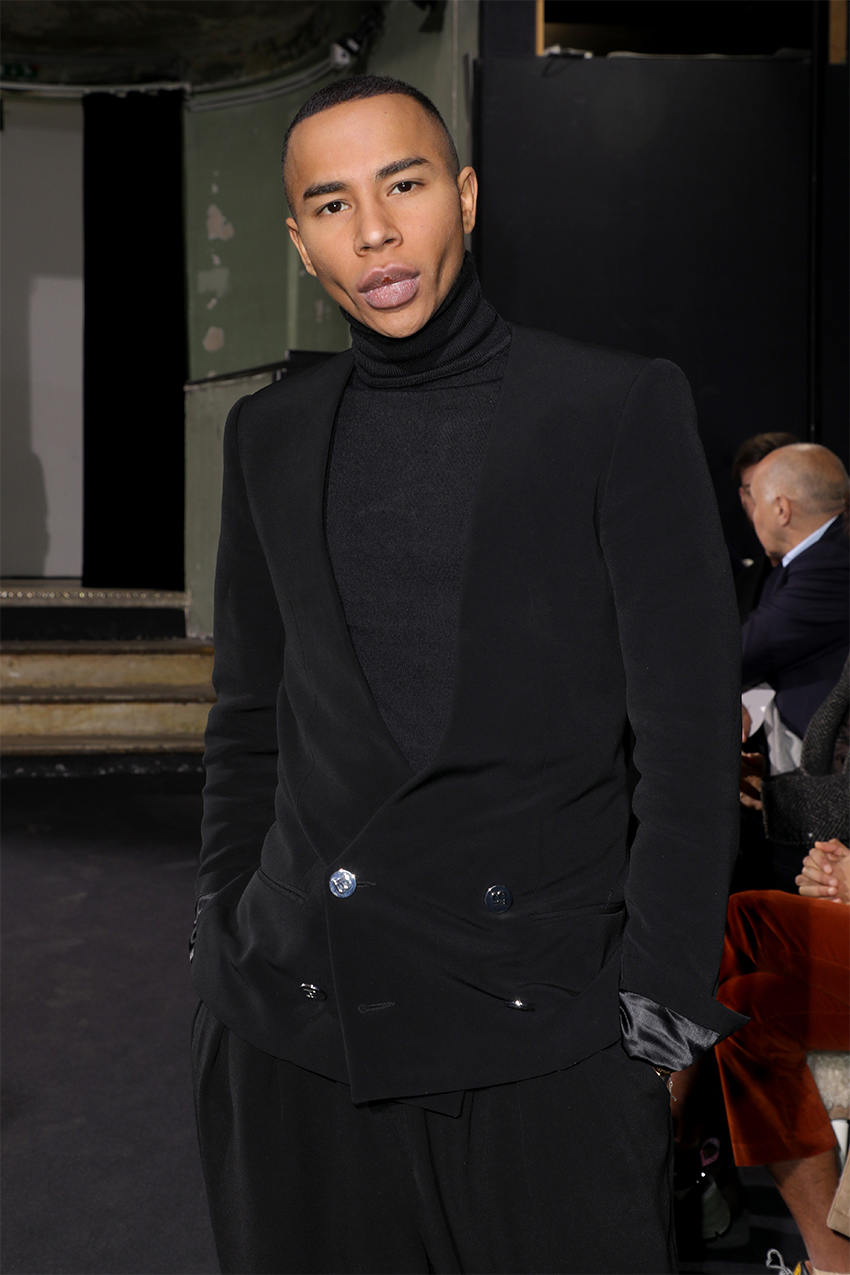
Maybe it was just me, but the 2019 Grammy outfits truly solidified my love for Olivier Rousteing at Balmain. How could one not still be in a tizzy over Beyoncé's iconic look, Jorja Smith's stunning gold sequin number, or even Kylie Jenner's avant-garde look? I know he's been the creative director for quite some time (which means I was high-key sleeping on him), but something about the documentary Wonder Boy made me fall in love with him all over again. Maybe it's his couture, perhaps it's his popular bags, or maybe it's just him, but either way, this a brand and a designer to buy into for the long haul.
Sade Mims of Edas
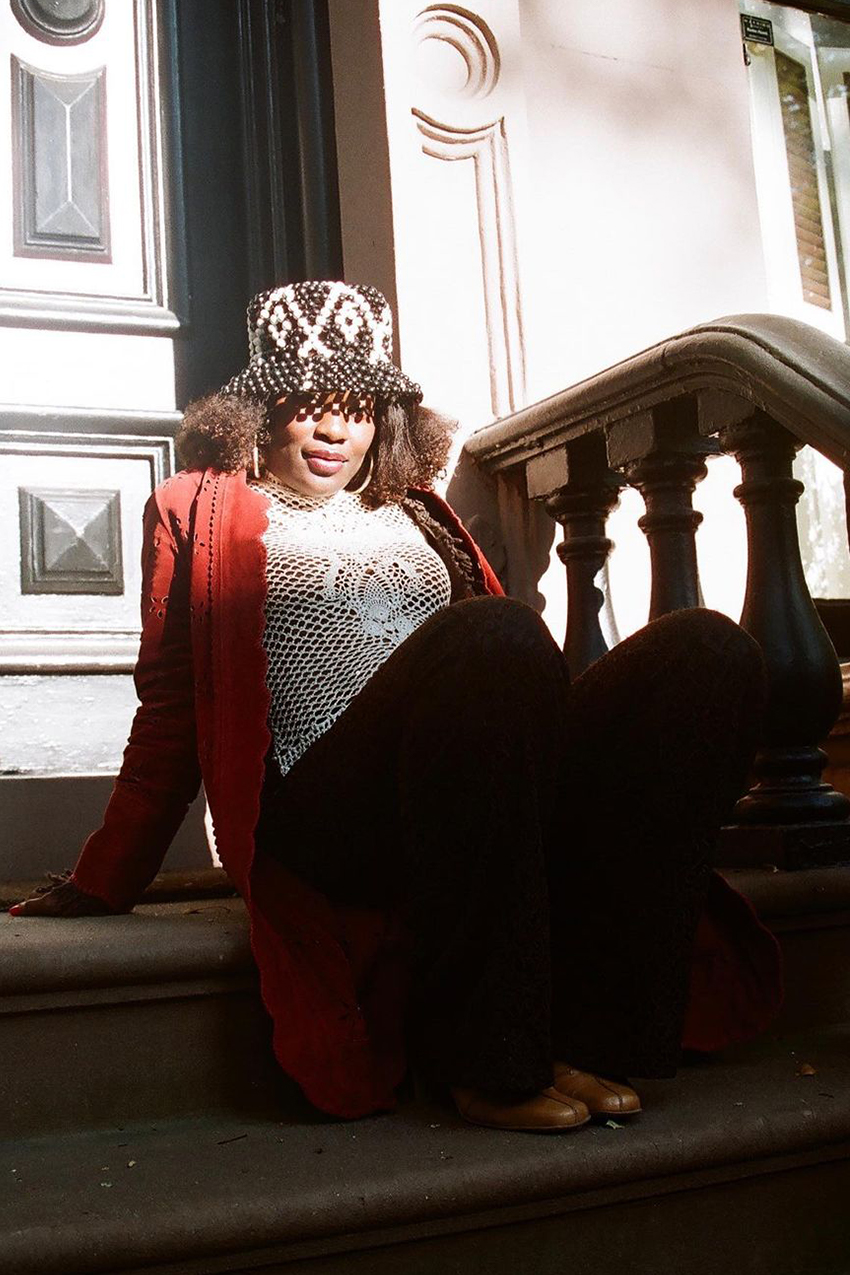
Some of the best designers of the moment aren't at huge fashion houses; they're doing their own thing. That's the case with Sade Mims of Edas. Founded in 2013 in Brooklyn, the brand was a love letter to jewelry for Mims but has since expanded beyond eclectic jewelry pieces. In fact, the brand's sleek leather bags, beautifully beaded hats, and one-of-a-kind home objects are what has made this designer a favorite among artists and editors alike. Trust when we say Mims's brand is going to be your newest obsession.
Theresa Ebagua of Chelsea Paris
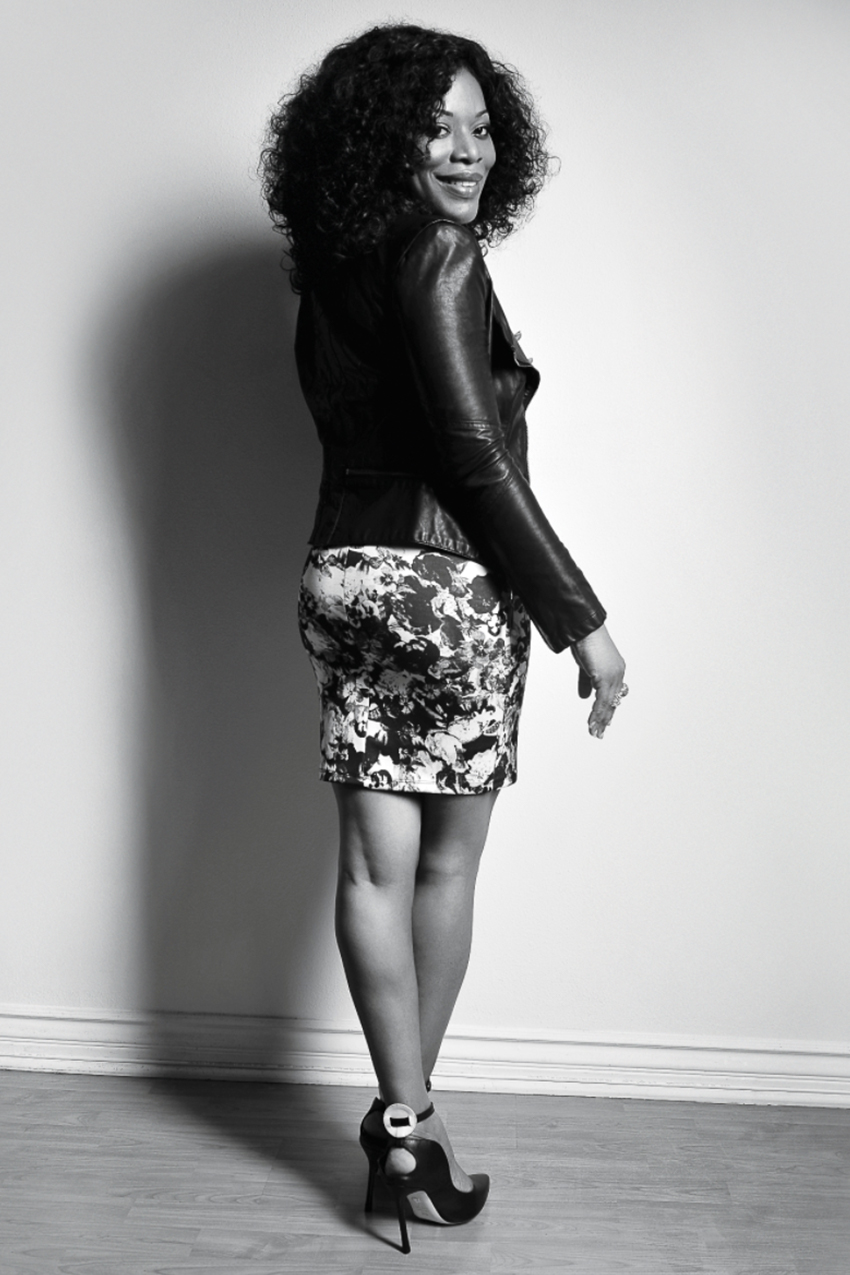
As all fashion editors can attest to, a good pair of shoes can make all the difference—and there is no other brand making shoes quite like Chelsea Paris. Founded in 2012 by the Nigerian-born, Los Angeles– and London-based Black footwear designer Theresa Ebagua, Chelsea Paris makes pieces that have been worn by icons such as Beyoncé and Lupita Nyong'o. But if you're wondering why you may not have heard of her brand yet, it's because the designer took a three-year hiatus to reestablish her approach to design and her heritage. When you can come back from a hiatus and still create shoes any editor would swoon over, you know you've got the touch.
Felisha Noel of Fe Noel
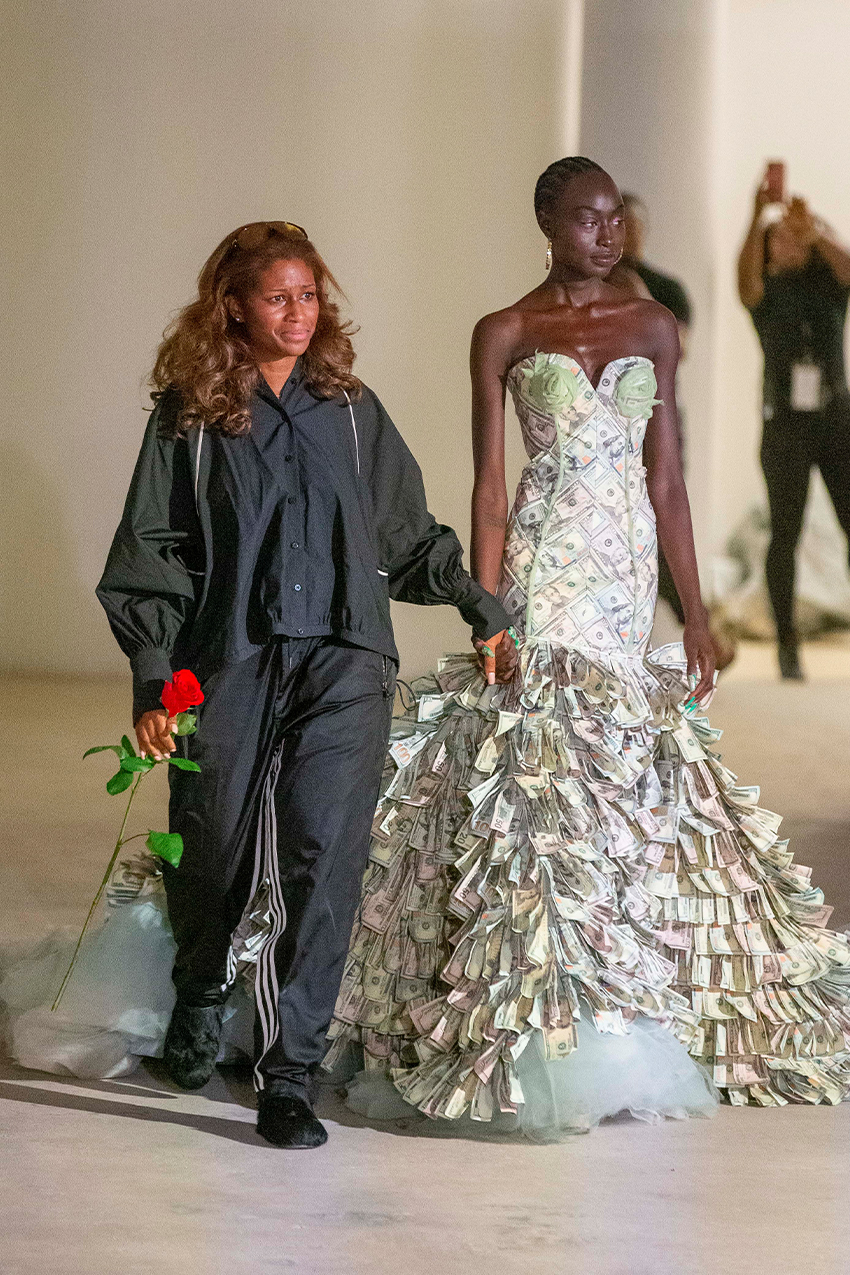
Imagine yourself sitting in Positano, Italy, with the sun shining down on you while you’re drinking lemonade. What are you wearing? Hopefully, Fe Noel. The Grenadian womenswear designer from Brooklyn specialized in collections that practically scream "I wish I could book a flight right now." But beyond that, Noel has been known to collaborate with fellow artists to create pieces that reclaim the beauty of Black identity that’s been erased in larger historical narratives. And what's more beautiful than that?
Nasrin Jean-Baptiste of Petit Kouraj
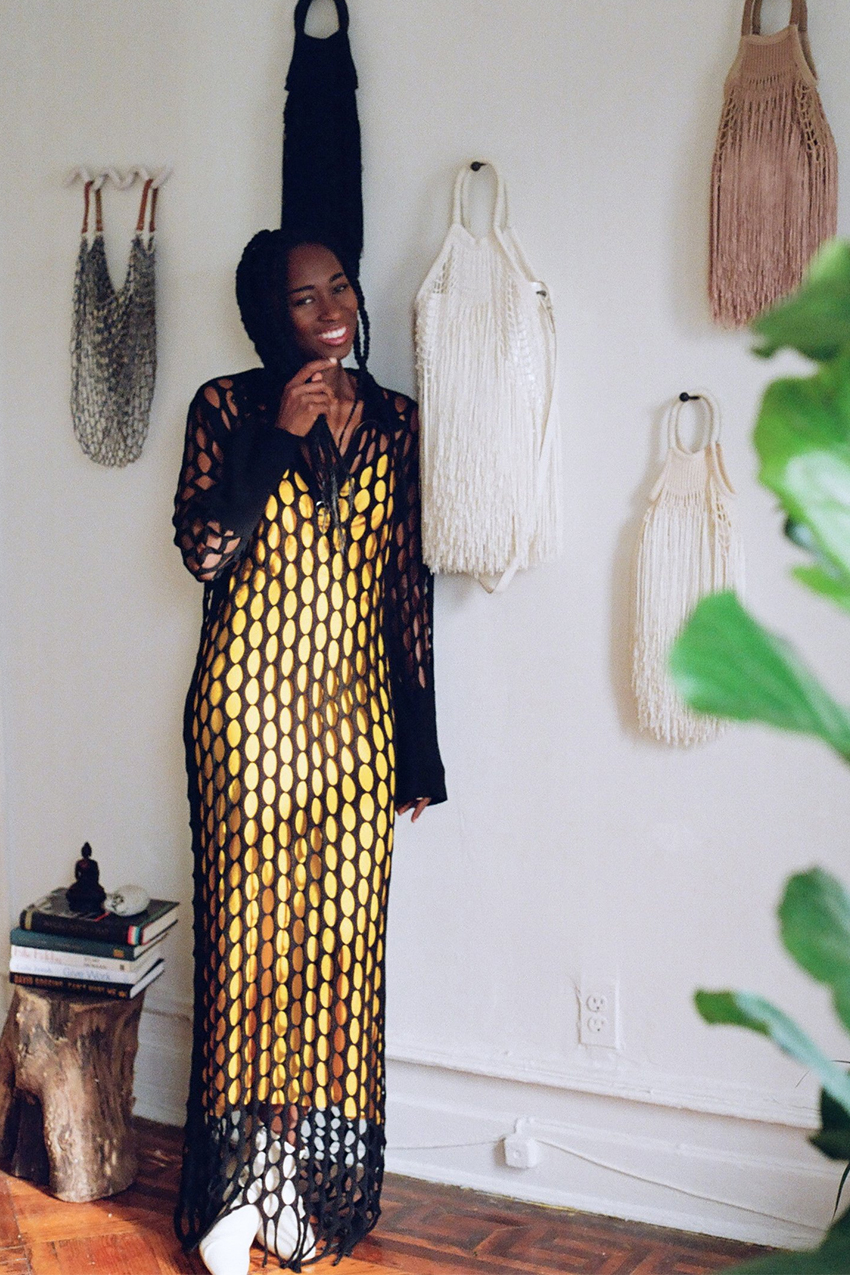
We've said it before, and we'll repeat it again: Petit Kouraj is a fashion-person favorite. What exactly makes this brand lovable, though? We'd say the intentionality founder Nasrin Jean-Baptiste put behind her brand. Born in London to Haitian immigrants, Jean-Baptiste's experience within the fashion industry started within the styling realm and eventually led to the founding of her handwoven bag company in 2019. But this isn't just another bag brand; cooked into the DNA of Petit Kouraj is an ethos to give back. Each bag is created with organic cotton, leather, and rayon and is made by a woman-led organization in Haiti that employs local artisans. Talk about wearable art.
Rebecca Henry and Akua Shabaka of House of Aama
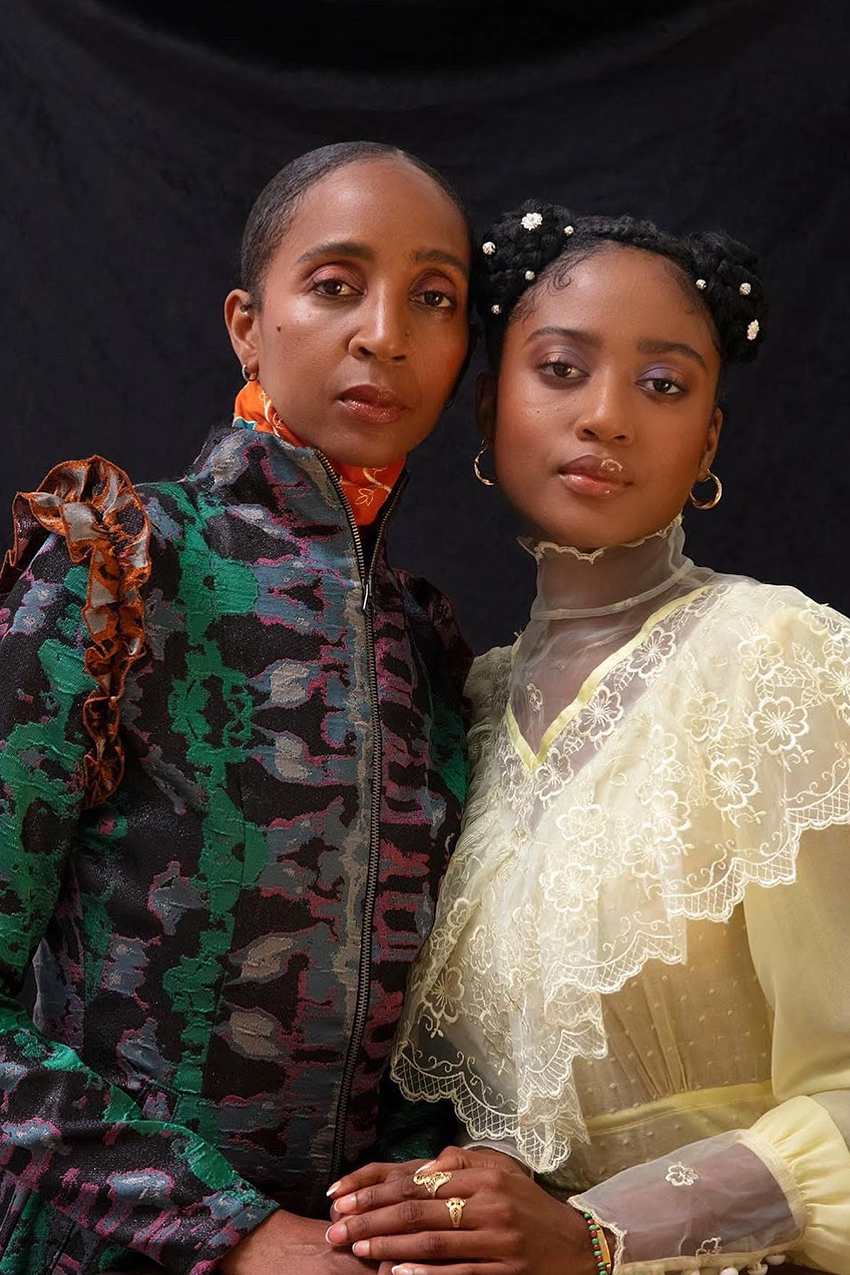
Fashion is all about storytelling—at least that's how the mother-daughter duo behind House of Aama, Rebecca Henry and Akua Shabaka, approach design. Founded in 2015, the brand has become known for how it upcycles vintage and deadstock fabrics to create unique pieces. It's not just the duo's sustainable approach to design that's intriguing but rather how they use historical research and archives to explore and honor the African diaspora in different collections, resulting in pieces that are the physical embodiment of uniqueness.
Edvin Thompson of Theophilio
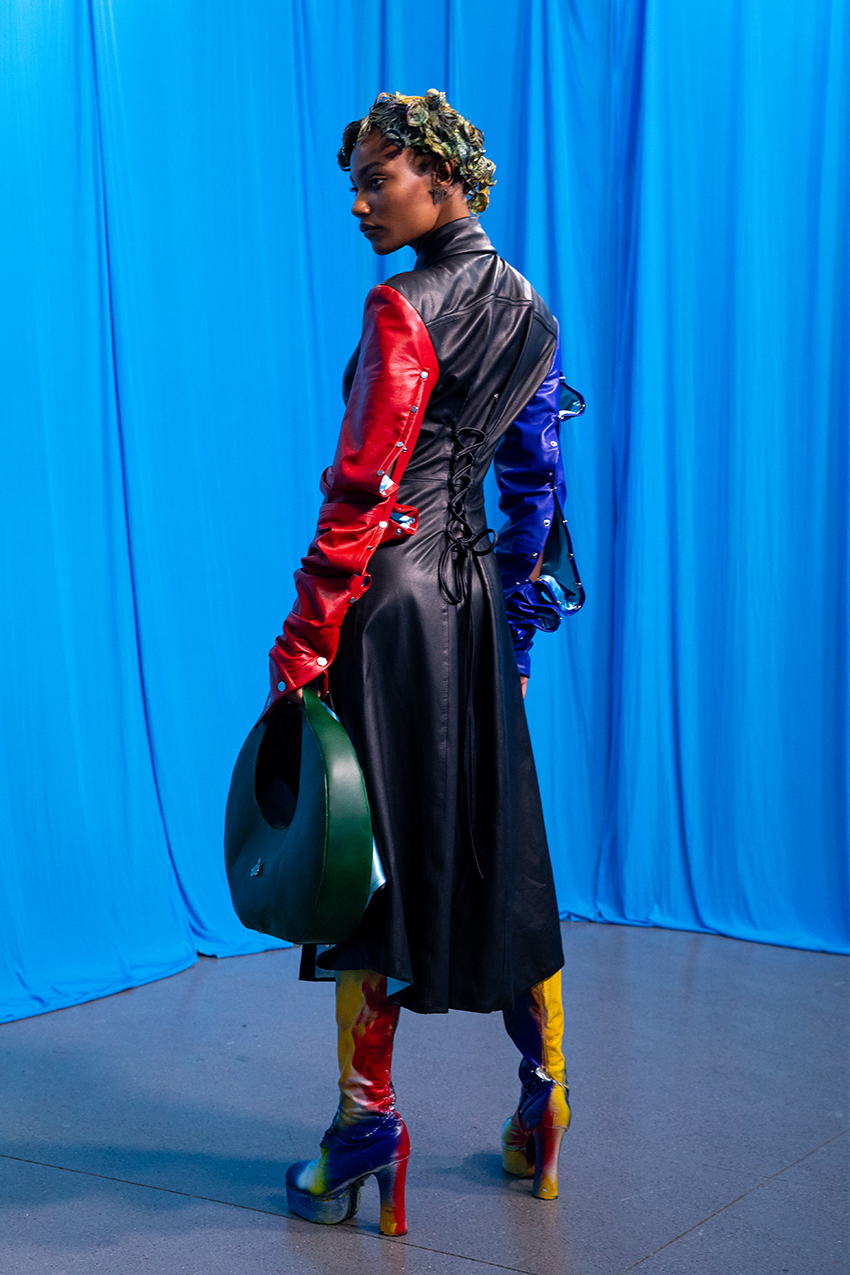
No matter the art form, there's a level of alchemy required to meld inspiration from various places, cultures, and ideas to create something completely new. Fashion designer Edvin Thompson has already mastered that with his brand Theophilio. Founded in 2016, the label is, in his own words, "a wearable biography," with nods to his childhood in Jamaica, New York City's progressive culture, and what's happening at the moment. But what makes Thompson's work so special is his unique perspective and how he melds his lived experience with upcycled fabrics to create one-of-a-kind pieces. Maybe it's alchemy, maybe it's magic, or possibly it's just Edvin Thompson.
Brandon Blackwood
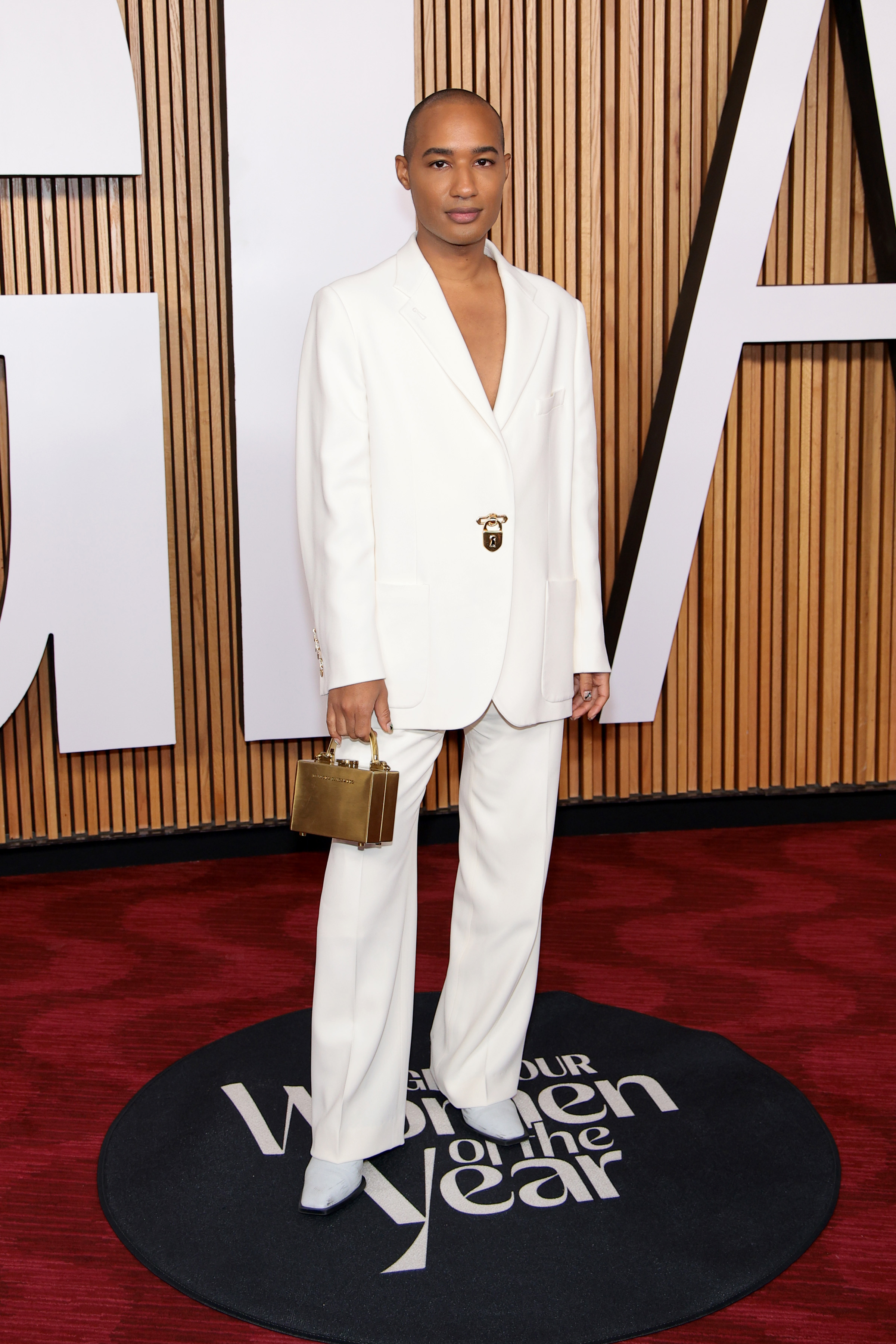
For most fashion houses, it can take decades to attain that "cult status." For the Brooklyn-born designer Brandon Blackwood, it only took seven. Of course, building a following didn't magically happen overnight. The brand was relatively small and only known among the fashion community until the release of the label's viral "End Systemic Racism" tote in 2020. That tiny bag may have catapulted Blackwood into international acclaim, but the designer's continued ability to create buzzy pieces keeps the label ever-relevant. It's expanded its handbag offering and launched an eyewear, footwear, and outerwear line. All of this is to say that this brand will only get bigger from here.
Christopher John Rogers
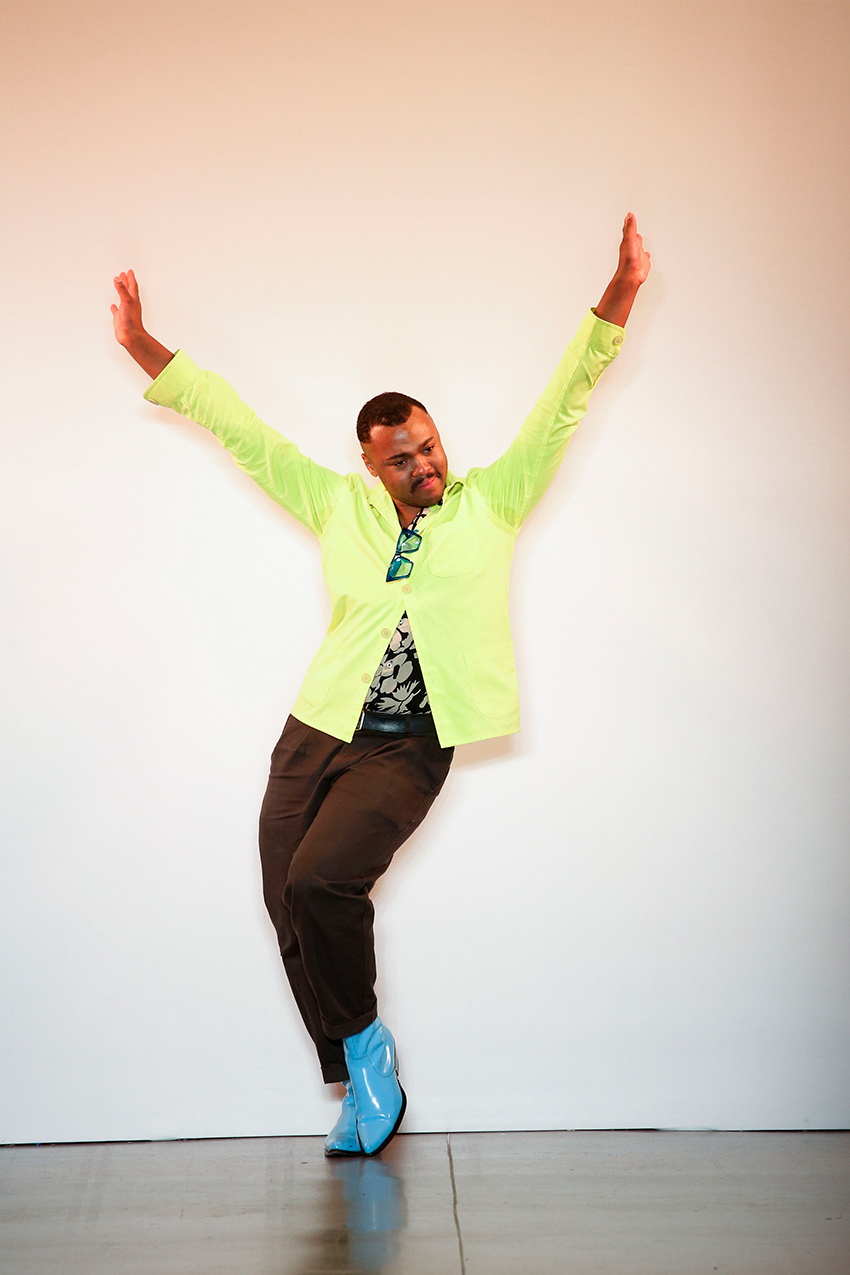
For people in the know, it should come as no surprise that designer Christopher John Rogers has taken the industry by storm. Born and raised in Baton Rouge, Louisiana, the designer brings the Southern bigger-than-life essence to all of his colorful designs, and people are noticing. Not only did he receive the CFDA/Vogue Fashion Fund award in 2019, but also his collections since then have cued collective gasps. In many ways, Rogers creates the type of clothing I hope the fashion industry includes more of in the future, which is to say his work crosses boundaries. His creations are so excellent and so unapologetic that they force the world to no longer see the designer for the color of their skin, but rather for the beautiful things in which they choose to create.
This post was originally published at an earlier date and has since been updated.
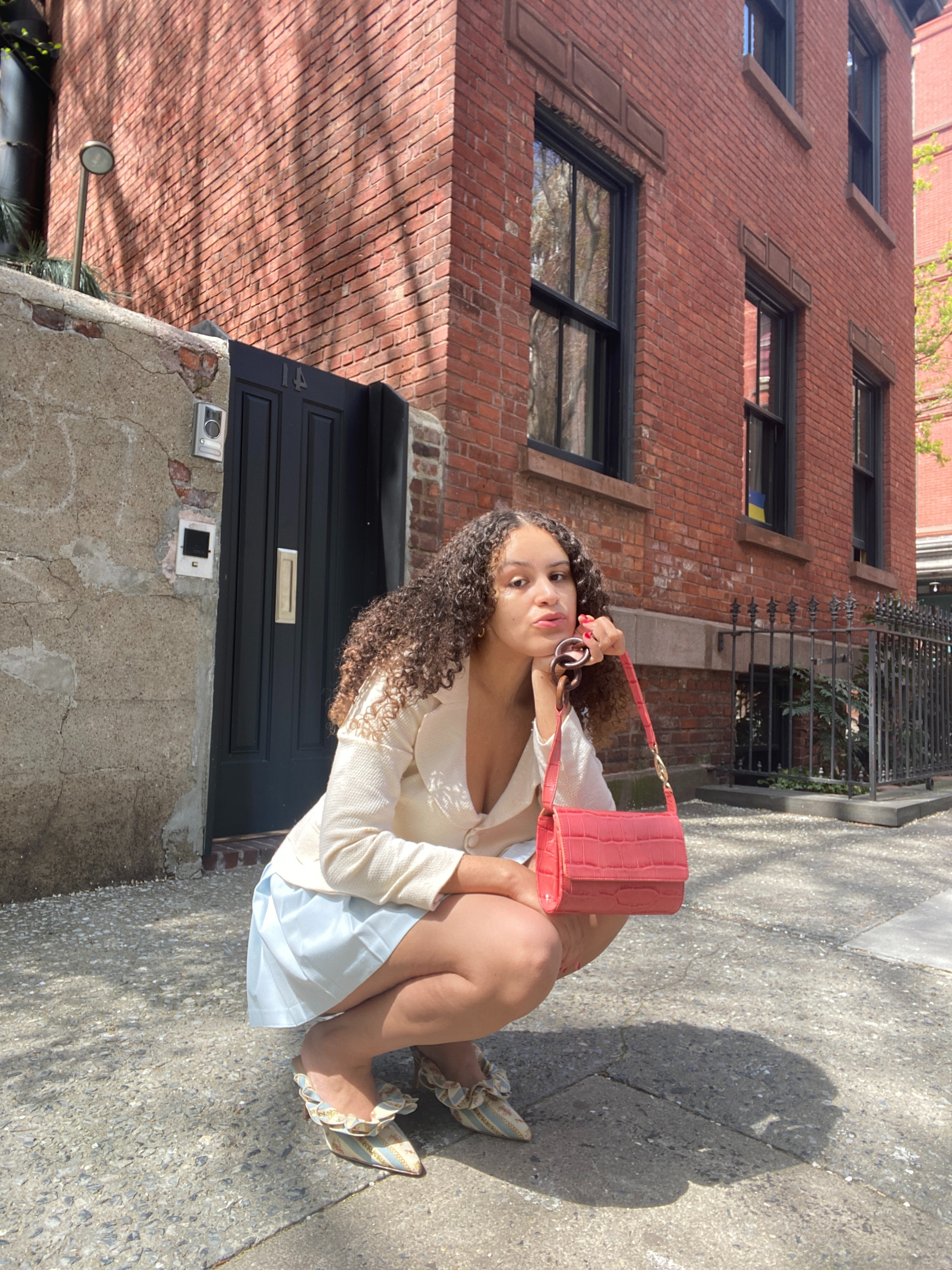
Jasmine Fox-Suliaman is a freelance writer and editor living in New York City. What began as a pastime (blogging on Tumblr) transformed into a lifelong passion for unveiling the connection between fashion and culture on the internet and in real life. Over the last decade, she's melded her extensive edit and social background to various on-staff positions at Who What Wear, MyDomaine, and Byrdie. More recently, she’s become a freelance contributor to other publications including Vogue, Editorialist, and The Cut. Off the clock, you can find her clutching her cell phone as she's constantly scrolling through TikTok and The RealReal, in search of the next cool thing.
